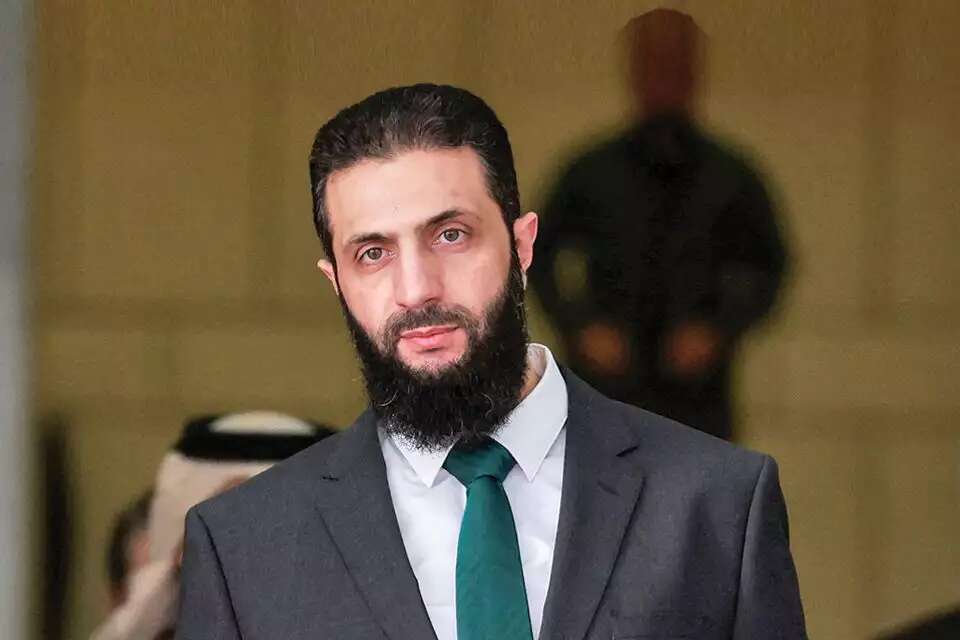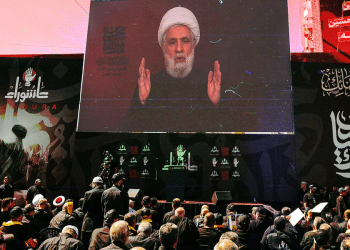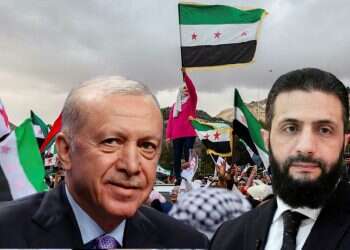Prime Minister Benjamin Netanyahu delivered an important policy speech Sunday night at an IDF officers graduation ceremony, which took place amid the ongoing war. In his address, he laid out his strategic objectives in detail. Among other things, he translated his stated goal of "eliminating" Hamas, an assertion he made just two days ago, into the declaration that "Hamas will not rule Gaza. Gaza will be demilitarized, and its fighting force will be dismantled."
Netanyahu, by the way, appeared to be in good shape, and at least from my impression, he has recovered well from his surgery. According to footage released by the Prime Minister's Office, he was warmly received by soldiers and their families, who cheered him, save for one moment of interruption. In any case, Netanyahu made an intriguing statement regarding Syria. He said, "We will not allow forces from the HTS organization or the New Syrian Army to enter the area south of Damascus. We demand the full demilitarization of southern Syria, in the Quneitra, Daraa, and As-Suwayda provinces, of the forces of the new regime."
Internal tensions and rivalries in Syria will erupt
So what is behind Netanyahu's demand for the demilitarization of Syria south of Damascus? As Israelis, we have grown accustomed to a centralized Syrian regime that dictated the rules for decades. Since the Yom Kippur War, that regime ensured a quiet border between the two countries. But in contrast to this history, Syria is now ruled by a militia leader. The country may be calm for now, but logic suggests that in time, internal sectarian tensions and rivalries will erupt, along with the deep-seated hostility toward Israel.
It is possible that Hayat Tahrir al-Sham leader Abu Mohammad al-Julani truly does not intend to attack Israel, as he claims. However, it remains unclear whether he will be able to maintain firm, long-term rule over Damascus and govern Syria with an iron grip. If anti-Israel militias emerge to challenge IDF troops along the border, it is uncertain whether he would, or even want to, act against them. That is Israel's first concern.

The second concern is Turkey. Syria has effectively become a client state of Turkish President Recep Tayyip Erdoğan. His hostility toward Jews is well known, and during the war, he even stated that one day his forces would confront Israel. It appears that, in order to preempt such a development, Israel seeks to demilitarize the area where such a conflict could take place. Furthermore, there is also the potential convergence of threats posed by a militia operating under Turkish patronage, which could challenge Israel as part of Erdoğan's antisemitic fantasies. A demilitarized zone would serve as a preventive measure.
Third, Israel maintains healthy civil relations with various communities in the provinces Netanyahu mentioned, particularly with the Druze population. For this reason, Netanyahu extended his protection over them.
For these reasons, Netanyahu has demanded a ban on weapons deployment in the area bordering Israel. It remains to be seen how the Syrian-Turkish regime will respond.




